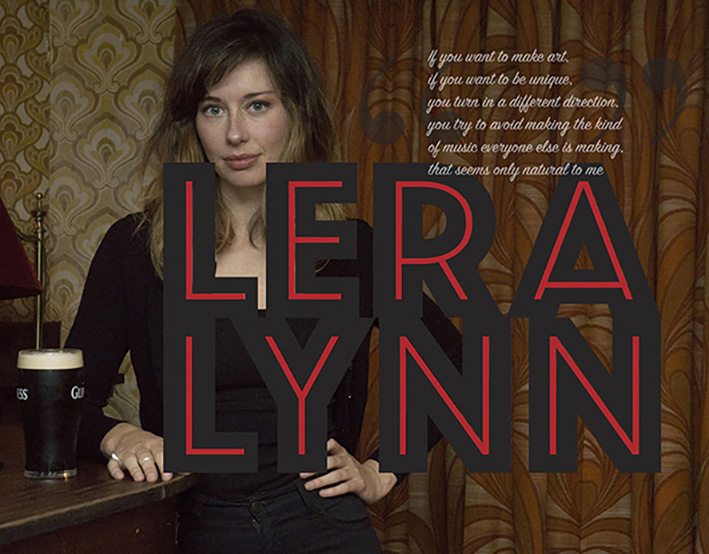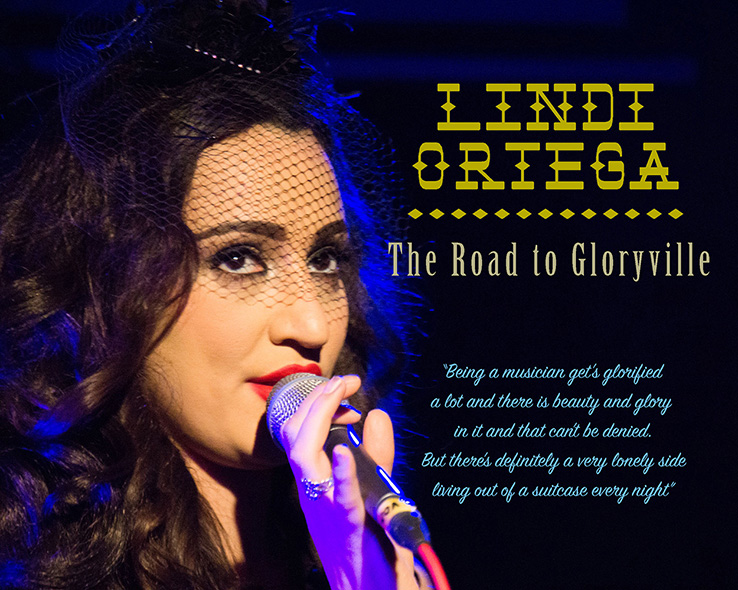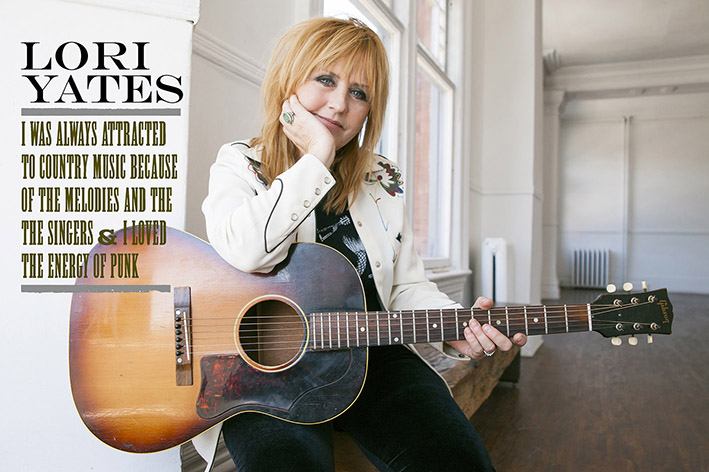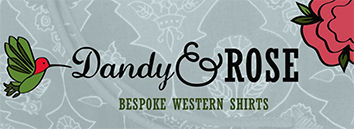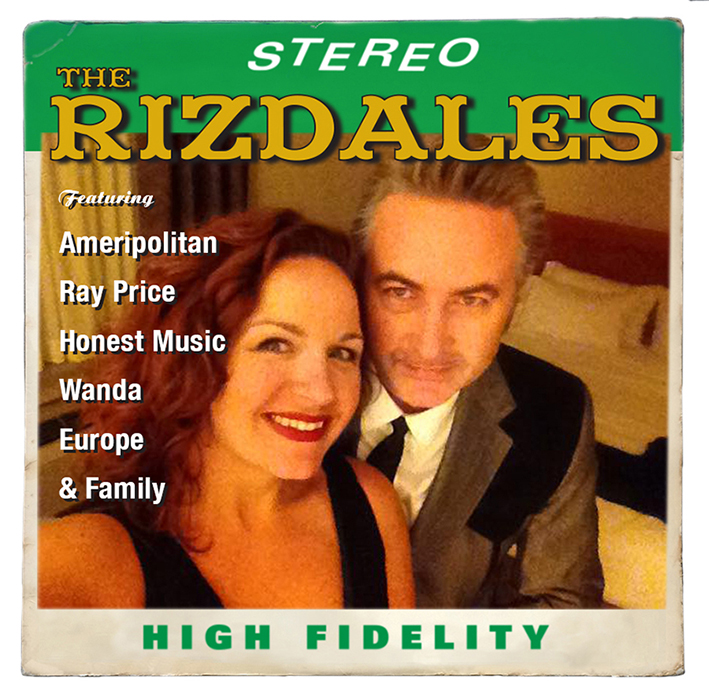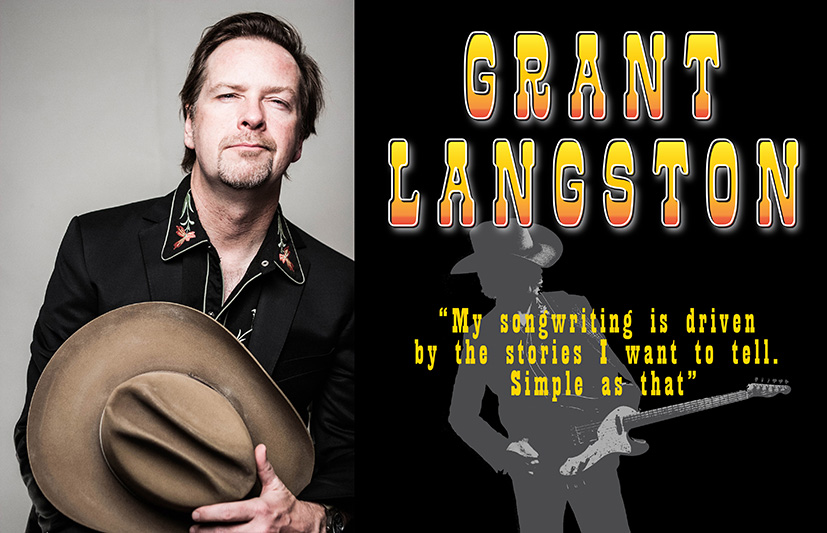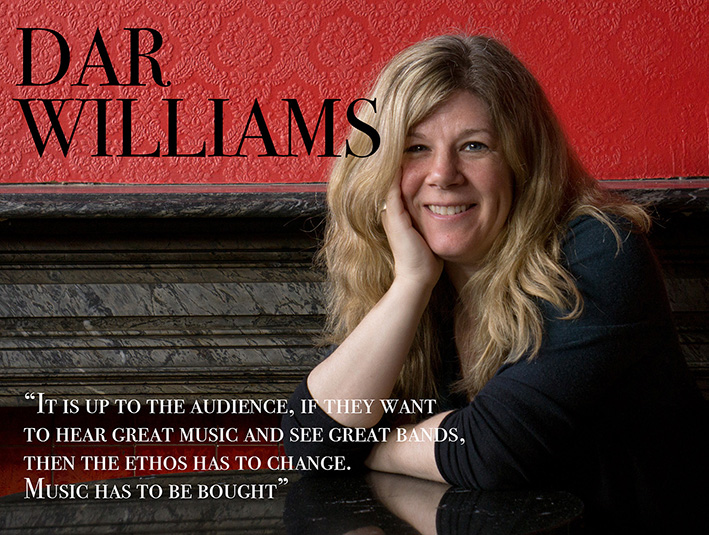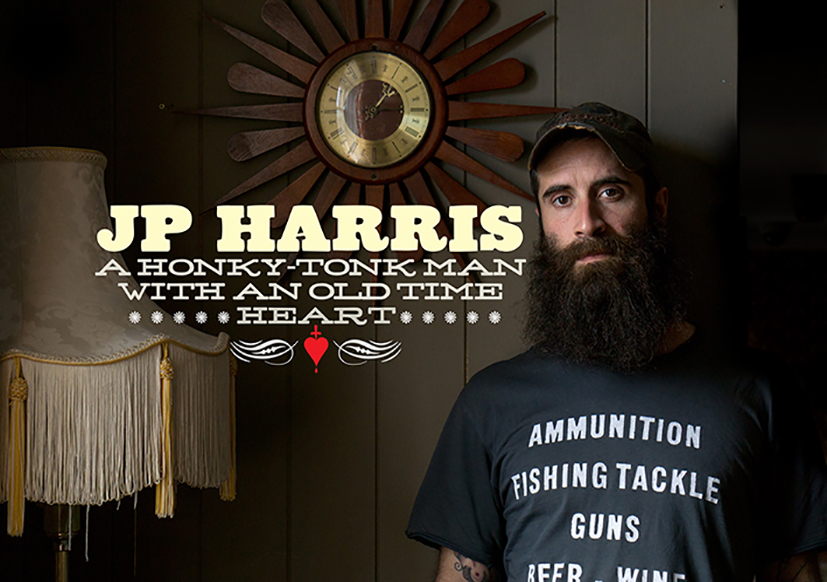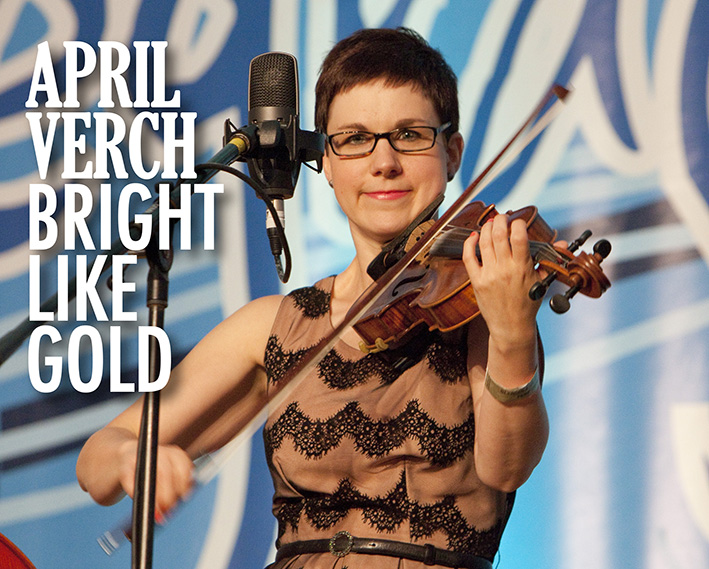
Sometimes you can only scratch your head and wonder what certain artists have to do to get the recognition they richly deserve. Carter Sampson is certainly in that category. Her 2011 album Mockingbird Song was surely one of the Americana albums of that year with a sound that landed somewhere between Lucinda Williams and Kathleen Edwards. Her recent album Wilder Side has deservedly been receiving glowing reviews in Europe and hopefully will introduce the Queen of Oklahoma to a wide audience in Europe. Lonesome Highway caught up with Carter on her whistle stop tour of Europe and the UK which included two shows at The Maverick Music Festival.
We are really loving your new album Wilder Side at Lonesome Highway. Are we likely to see you perform material from it in Ireland in the near future?
Yes! I am working with Continental Record Services in The Netherlands and our original plan was for me to do my first European tour in February 2017. The record (Wilder Side) was released in Europe last month and has taken off thanks to great reviews. My first shows in Holland and England have been really great and it looks like I will be performing in Italy, Ireland and Holland several times over the next six months
How would you describe your progression as a singer songwriter from your 2009 debut album Fly Over The Moon to Wilder Side?
Well I hope I’ve grown a little. I’ve certainly grown up since then and written many songs in that time. I’m more comfortable as a songwriter now and it has been nice to receive recognition for my songs. I won first place in the Chris Austin Song Contest at Merlefest in North Carolina last summer and was a top 10 finalist in both the Rocky Mountain Folks Festival and the Telluride Bluegrass Festival’s song contests (both in Colorado). Singing has always come naturally to me but I’ve worked very hard on songwriting and I love having that as a release for me. I’ve written plenty of songs that no one will ever hear, sometimes I just have to get thoughts out of my head!
How influential was Travis Linville in achieving the beautiful yet understated feel to the album?
I worked with Linville on Good For The Meantime and he was so easy to work with. He released two EP’s in the last few years and when I heard them I knew I wanted to work with him again. He really listens and has such a great tone and feel to every instrument he plays, which is all of them! We recorded Wilder Side in his little house in Norman Oklahoma. No fancy studio with vocal booths just the two of us in his living room and I think that helped with the ease and the overall sound of the record.
Your hectic schedule appears to suggest that you are constantly travelling and much of the album references this. Is this necessary evil an inspiration to you in terms of your song writing?
I have been travelling a ton the last few years. I tour the US in a twenty three foot caravan or RV as we call them. Music is my first love and travelling is right behind it so I’m lucky that both go hand in hand. I think one thing that has changed about my songwriting to be honest is that I’m more honest in what I write so it makes sense that a lot of the songs on the new album are on that topic.
Some heartbreaks along the way also?
Of course! It’s tricky to have a relationship at all when you are never home. A musician’s life is not a ‘normal ‘ life and it’s hard to find a partner that understands what it’s like, although I’ve found one now so maybe more love songs in the future!
You also had your fellow Oklahoma singer-songwriter John Moreland contribute. He has also been recording some excellent music in the past few years?
John is an incredible songwriter and one of the writers that taught me to be more honest in my writing. When we started working on the album he agreed to help co-produce it with Linville and myself and after a few months later he started getting a lot of attention and was on the road all the time. If anyone deserves that kind of attention it’s John Moreland and I’m so proud that he is from Oklahoma and a friend.
Americana is certainly well represented at present in Oklahoma with artists like yourself, the aforementioned John Moreland, Parker Millsap and Wink Burcham. How do you explain the emergence of so many talented acts around the same time?
I don’t know how to explain it. For years I feel like Oklahoma music has been passed over for music coming out of Texas and it’s really cool how many ‘Okies’ are in the charts in Europe right now. There’s a fantastic music scene in Tulsa now where all the musicians are seriously touring but when they are home they all play together and support each other. I think anytime any of us gets attention it helps us all.
Tell me about the family connection to the legend Roy Orbison?
He was my great grandfather’s cousin. I never met him but I hope that maybe I have the same musical genes that he did. I think he was one of the best American singers ever.
Are there other musical legacies in your immediate family?
My mother has sang in the choir at her church for years, my grandfather was a pianist and my dad taught me how to play guitar and he was in rock and roll bands most of his life.
You appear to be an artist that puts her heart and soul passionately into any project you take on board. I’m intrigued with your work with Oklahoma City’s Rock’n’Roll Camp for Girls. How did this come about and what does it involve?
I had the opportunity to volunteer at both the Portland Oregon and Los Angeles Rock and Roll Camp for Girls and couldn’t stop thinking how my musical life might have been different if I was shown at a young age that girls and women can play any instrument and play it well, can run sound and set up gear. So in 2015 I teamed up with local female musicians and non-musicians to start a camp in Oklahoma. The response has been overwhelming! This July we will hold our second summer camp for 50 girls in the Oklahoma area. Most of the girls (aged 8-17) have never played an instrument until the first day of camp, they learn guitar, bass, drums, keys or vocals. Monday afternoon they form bands, we will have 10 brand new bands this year. The girls have band practice in the afternoon and collaborate with their tutors on writing a song that they will showcase on the Saturday after the camp is over. Last year we sold out two shows with about 800 people, not bad for your first gig! We also teach workshops that include self-defence, songwriting, positive self-image and screen printing your own band t-shirts. We aim to empower the girls showing that building each other up is so much more powerful than tearing each other down.
You wear your heart on your sleeve in proclaiming how proud you are of your home state. What makes Oklahoma so special for you?
I am at least a sixth generation Oklahoman and a Native American, Oklahoma is in my blood. I’m fortunate to travel the world but Oklahoma will always be my home.
How important is exposure in Europe and the UK to an artist like yourself?
I think it’s really important. I’ve noticed that fans at home are far more impressed when I play in London than when I play Kansas, I’m more impressed too! I’ve also loved how Europeans love Americana music and music from Oklahoma. At every show I’ve played in Europe so far the audience is silently listening and really enjoying the music. I can’t wait to come back!
Interview by Declan Culliton

